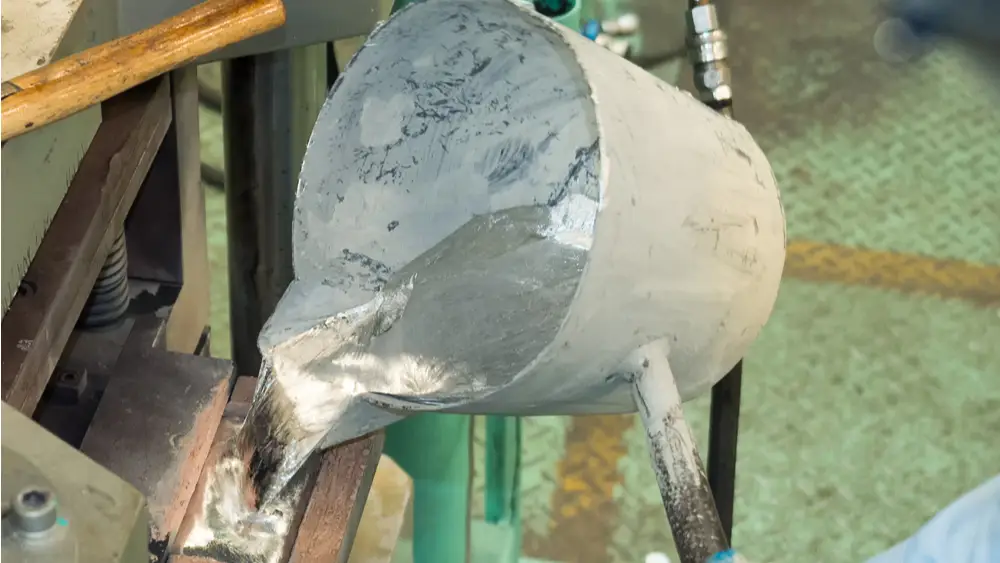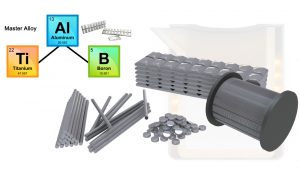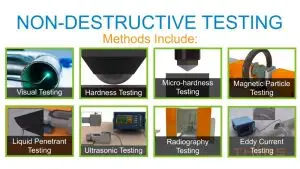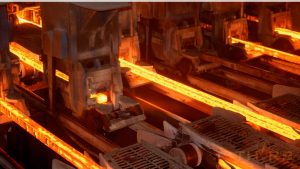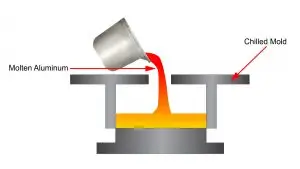Course Description
Aluminum Casting Fundamentals introduces the learner to the properties, chemistry, and processes associated with casting aluminum components. The common aluminum casting defects are also included to familiarize the learners with real world problems that may arise in the production of aluminum casted parts. Presented in the THORS visual and interactive format, this course is relevant for learners who are new to the industry, as well as experienced learners that require a deeper knowledge of aluminum casting microstructure, casting grades, and microstructure control.

Who will benefit from this Aluminum Casting course?
Foundries that melt aluminum; Customers who procure aluminum castings; Organizations that sell raw materials, equipment, and services to aluminum foundries.
Course Classification
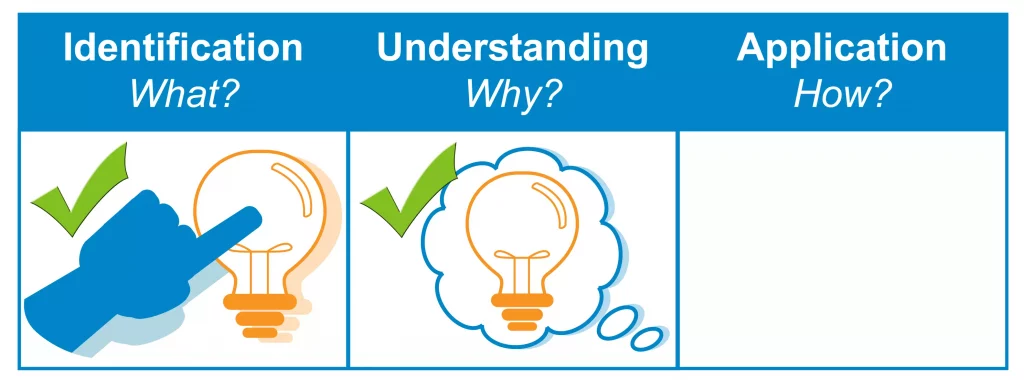
*THORS uses the Bloom’s Taxonomy Methodology for our course development.
Certificate Awarded for Aluminum Casting Fundamentals
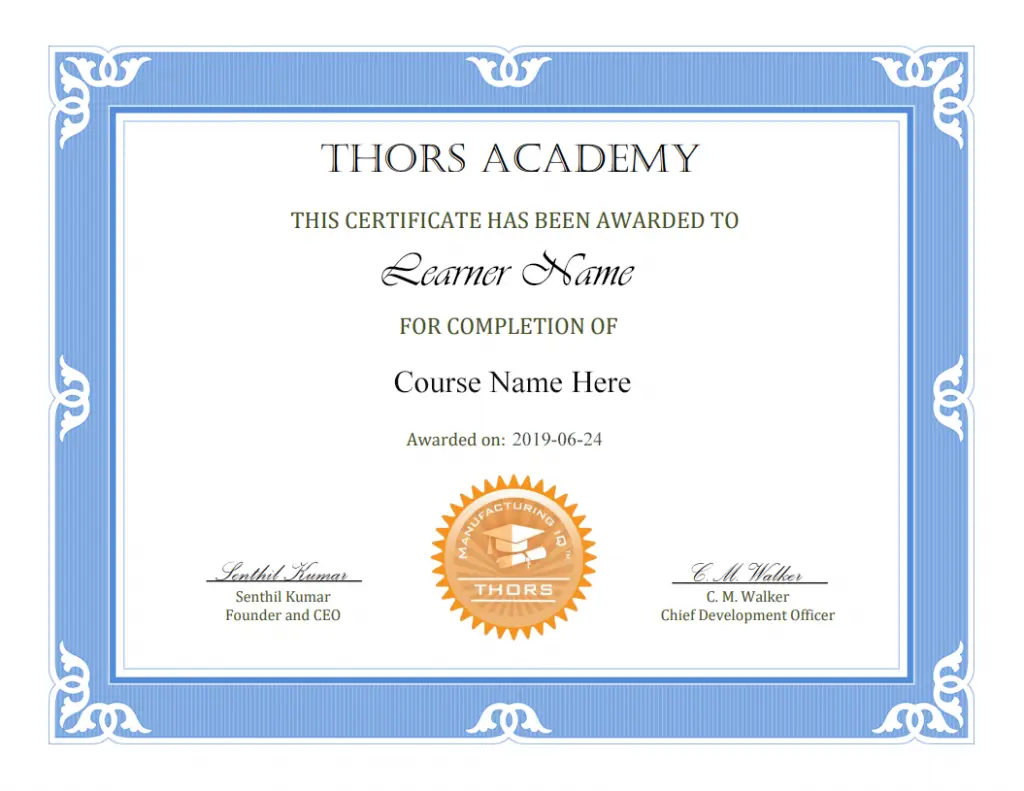
*upon successful completion
Related Posts

Benefits of eLearning in Manufacturing
In the world of manufacturing, training is essential. Every employee needs to understand how to use equipment, follow procedures, and maintain quality standards. With the advent

Cross-Cultural Training Benefits
Understanding Cross-Cultural Training In today’s interconnected world, businesses are expanding beyond borders. To thrive globally, organizations must equip their employees with cross-cultural skills. Cross-cultural training

Women in Manufacturing: An Interview with Kavita Krishnamurthy
As part of a tribute to women in manufacturing, we at THORS eLearning Solutions decided to showcase one of our own, Kavita Krishnamurthy. Kavita is

